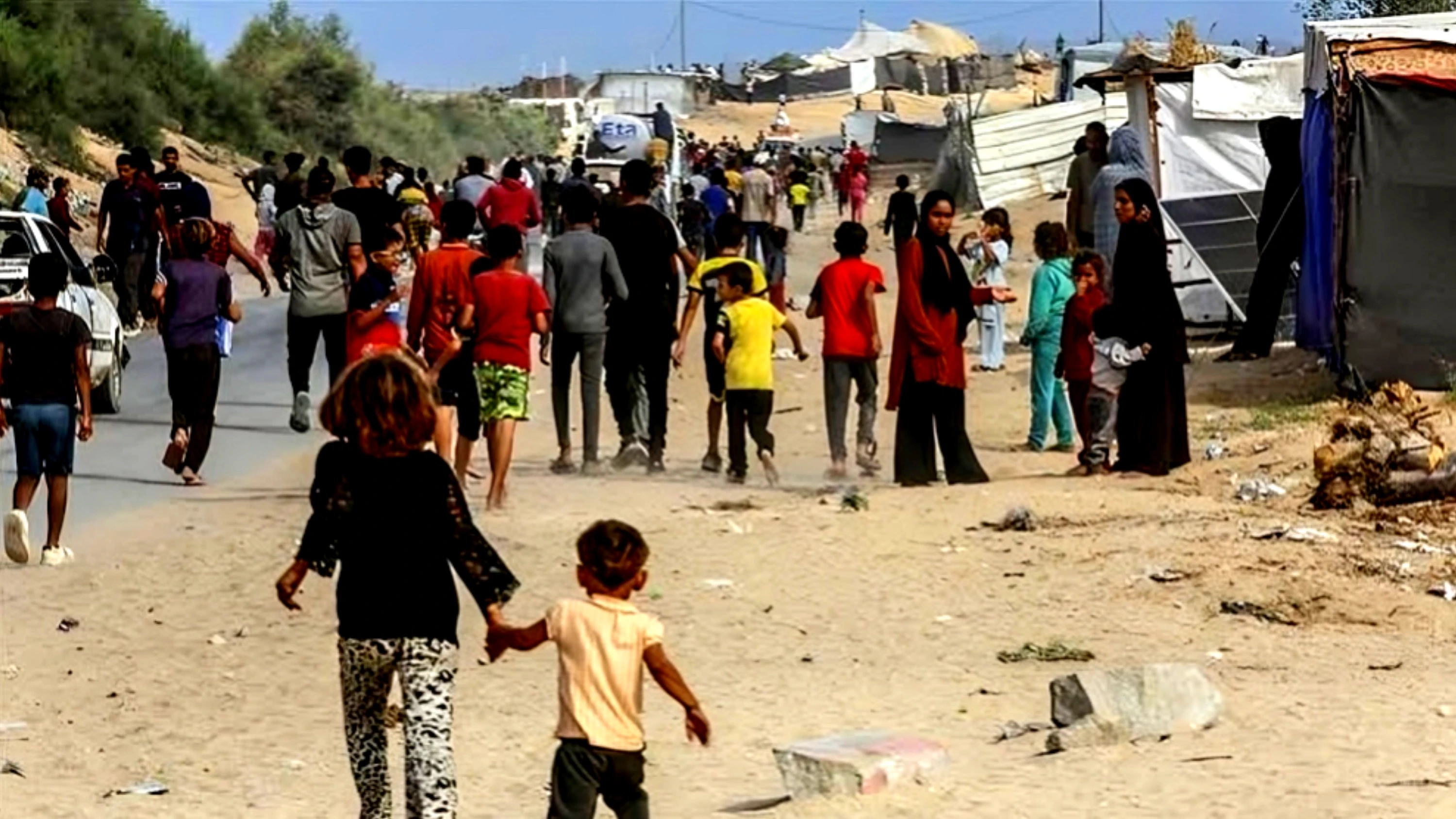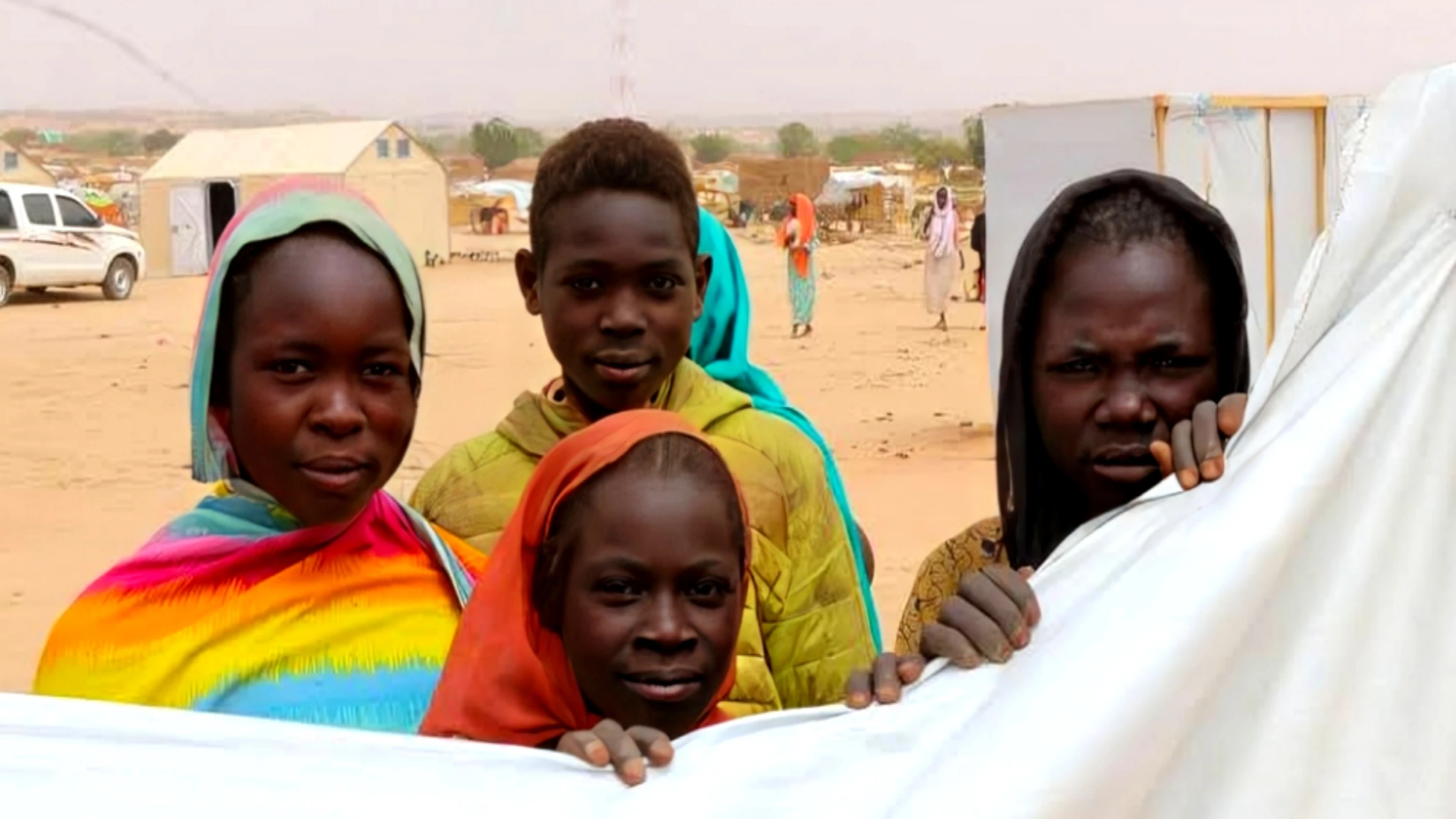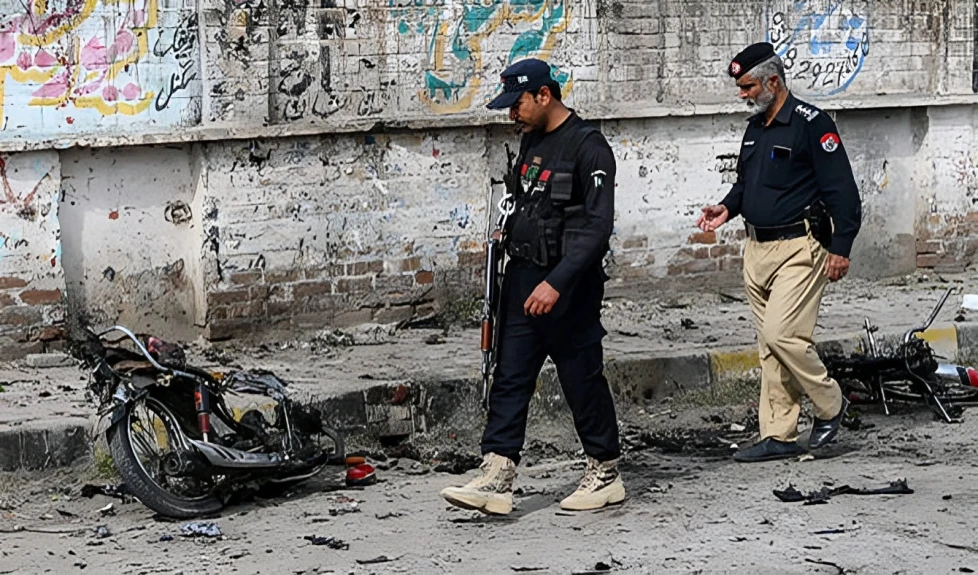Report: The United Nations Office for the Coordination of Humanitarian Affairs (OCHA) released its 2024 Annual Report on Tuesday, painting a grim picture of a year marked by escalating conflict, deepening crises, and unprecedented risks for humanitarian personnel. The report underscores that 2024 was the deadliest year on record for aid workers, with 377 reported deaths—most of them in Gaza—marking a stark and tragic milestone for the global humanitarian community.
Violence and instability surged in numerous regions, including Haiti, Lebanon, the Occupied Palestinian Territory, Sudan, and Ukraine, displacing millions and leaving already vulnerable populations in urgent need of support. The compounding impact of the climate crisis further exacerbated these emergencies, driving communities to the brink.
In a somber foreword, Under-Secretary-General for Humanitarian Affairs and Emergency Relief Coordinator Tom Fletcher condemned the loss of humanitarian lives as “unconscionable,” calling for accountability in their memory and for those continuing their mission.
Despite severe operational challenges and growing insecurity, OCHA and its network of UN agencies and over 2,000 humanitarian partners succeeded in delivering life-saving assistance to 116 million people across 33 countries, made possible by the vital contributions of donors worldwide.
However, Fletcher warned that sharp reductions in funding are threatening the sustainability of future aid efforts. “Brutal funding cuts will set us back,” he noted, emphasizing the urgent need to adapt the humanitarian system to the evolving global landscape.
The report serves as both a reflection on the immense toll of 2024 and a call to action to reinforce the global humanitarian response in the face of growing adversity.








